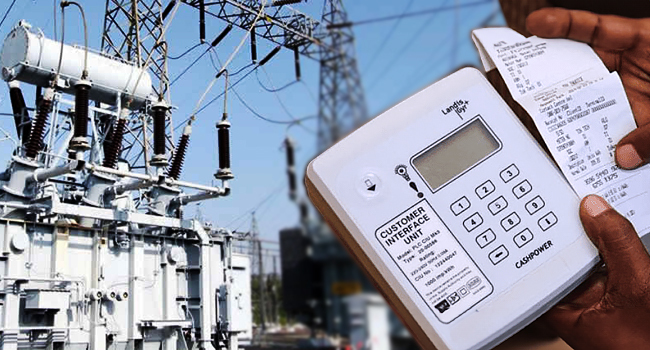The Federal Government’s plan to increase electricity tariffs by over 66%, raising rates from N116.18 to N193.63 per kilowatt-hour, has sparked nationwide concerns over affordability, business sustainability, and economic hardship.
The special adviser to President Bola Tinubu on energy, Olu Verheijen, recently disclosed that the tariff hike is necessary to attract private investment, ensure infrastructure maintenance, and improve power reliability. However, the move comes at a time when many Nigerians are already struggling with inflation, rising fuel costs, and an unstable economy.
With the proposed increase, Band B to E customers, who currently benefit from government subsidies, will have to pay significantly more for electricity despite facing frequent power outages.

For households, this means higher electricity bills with no guarantee of improved service. Many Nigerians are concerned that they will be paying more for a service that remains unreliable, unstable, and inconsistent.
For businesses, particularly small and medium-sized enterprises (SMEs), the impact could be devastating. Higher electricity costs will force businesses to spend more on alternative power sources like diesel generators, driving up production costs, reducing profits, and potentially leading to job losses.
Potential Economic Fallout
The tariff hike could have widespread economic consequences, including: Increased Cost of Living: Rising electricity costs will directly impact household budgets, making it even harder for families to afford essential goods and services. Business Closures and Job Losses: Many businesses, especially in manufacturing, may shut down or downsize, leading to higher unemployment rates.
Worsening Energy Poverty Millions of Nigerians already lack access to stable electricity. A tariff increase without corresponding improvement in service could push more people off the grid, deepening the country’s energy crisis.
Inflationary Pressures: Higher electricity costs will increase production and distribution expenses, leading to higher prices for goods and services across multiple sectors.
One of the biggest concerns among consumers is the failure of power distribution companies (DisCos) to provide reliable electricity, even at current rates.
Under the Service-Based Tariff (SBT) system, consumers in Band B to E are supposed to receive between 4 to 16 hours of electricity daily, but many report going days or weeks without power.
Furthermore, millions of Nigerians are still on estimated billing, meaning they are charged for power they may not even use. Consumer advocacy groups argue that DisCos should first meter all customers before any tariff increase is considered.
The Federal Government has justified the tariff hike as a step towards achieving cost-reflective pricing, which would make the power sector more attractive to private investors. Minister of Power Adebayo Adelabu acknowledged that subsidies are no longer sustainable and hinted that more consumers will soon be moved to higher tariffs.
However, consumer protection groups argue that any increase must be accompanied by mandatory metering for all electricity consumers to eliminate estimated billing. Improved service delivery, ensuring that consumers get value for the money they pay. Incentives for renewable energy solutions, such as solar power, to reduce dependence on the national grid.
With inflation at record highs and businesses struggling to survive, the government faces a difficult task in justifying the tariff increase. While the power sector desperately needs investment, consumers argue that they should not be forced to pay more for unreliable service.
Unless metering gaps, power supply stability, and infrastructure issues are addressed, the planned tariff hike could deepen public frustration, lead to mass protests, and further strain an already fragile economy.

